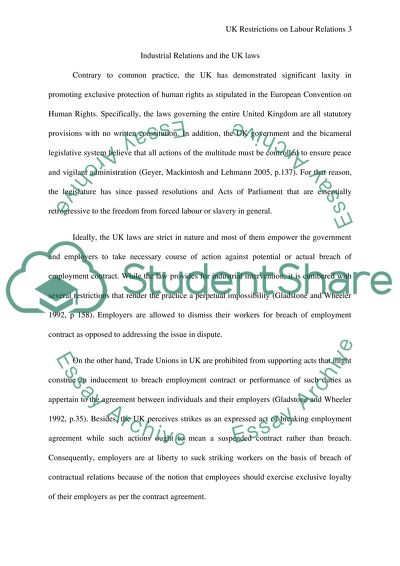Cite this document
(“UK Industrial Restrictions on Labour Relations Essay”, n.d.)
UK Industrial Restrictions on Labour Relations Essay. Retrieved from https://studentshare.org/law/1588155-uk-industrial-restrictions-on-labour-relations
UK Industrial Restrictions on Labour Relations Essay. Retrieved from https://studentshare.org/law/1588155-uk-industrial-restrictions-on-labour-relations
(UK Industrial Restrictions on Labour Relations Essay)
UK Industrial Restrictions on Labour Relations Essay. https://studentshare.org/law/1588155-uk-industrial-restrictions-on-labour-relations.
UK Industrial Restrictions on Labour Relations Essay. https://studentshare.org/law/1588155-uk-industrial-restrictions-on-labour-relations.
“UK Industrial Restrictions on Labour Relations Essay”, n.d. https://studentshare.org/law/1588155-uk-industrial-restrictions-on-labour-relations.


